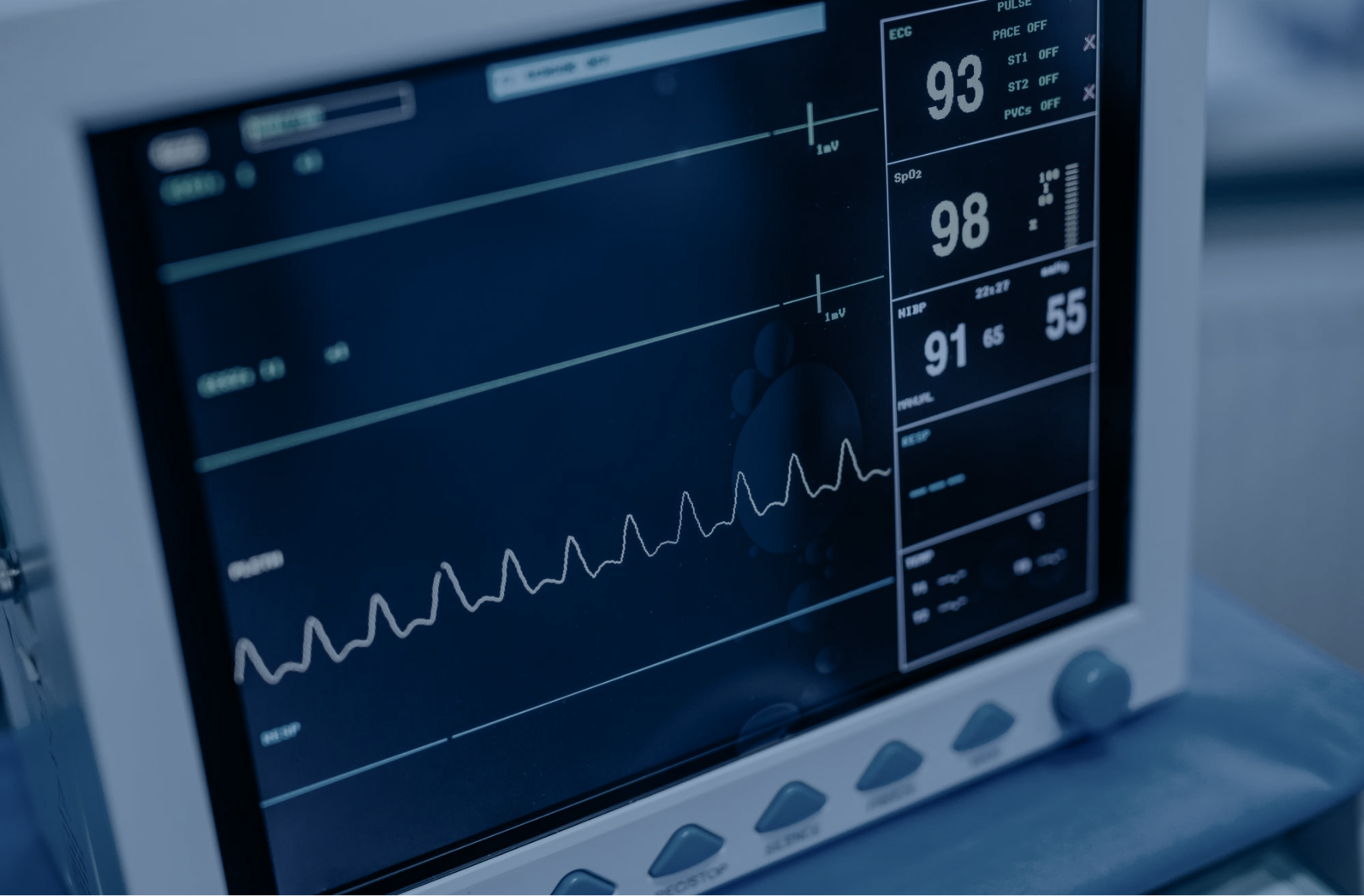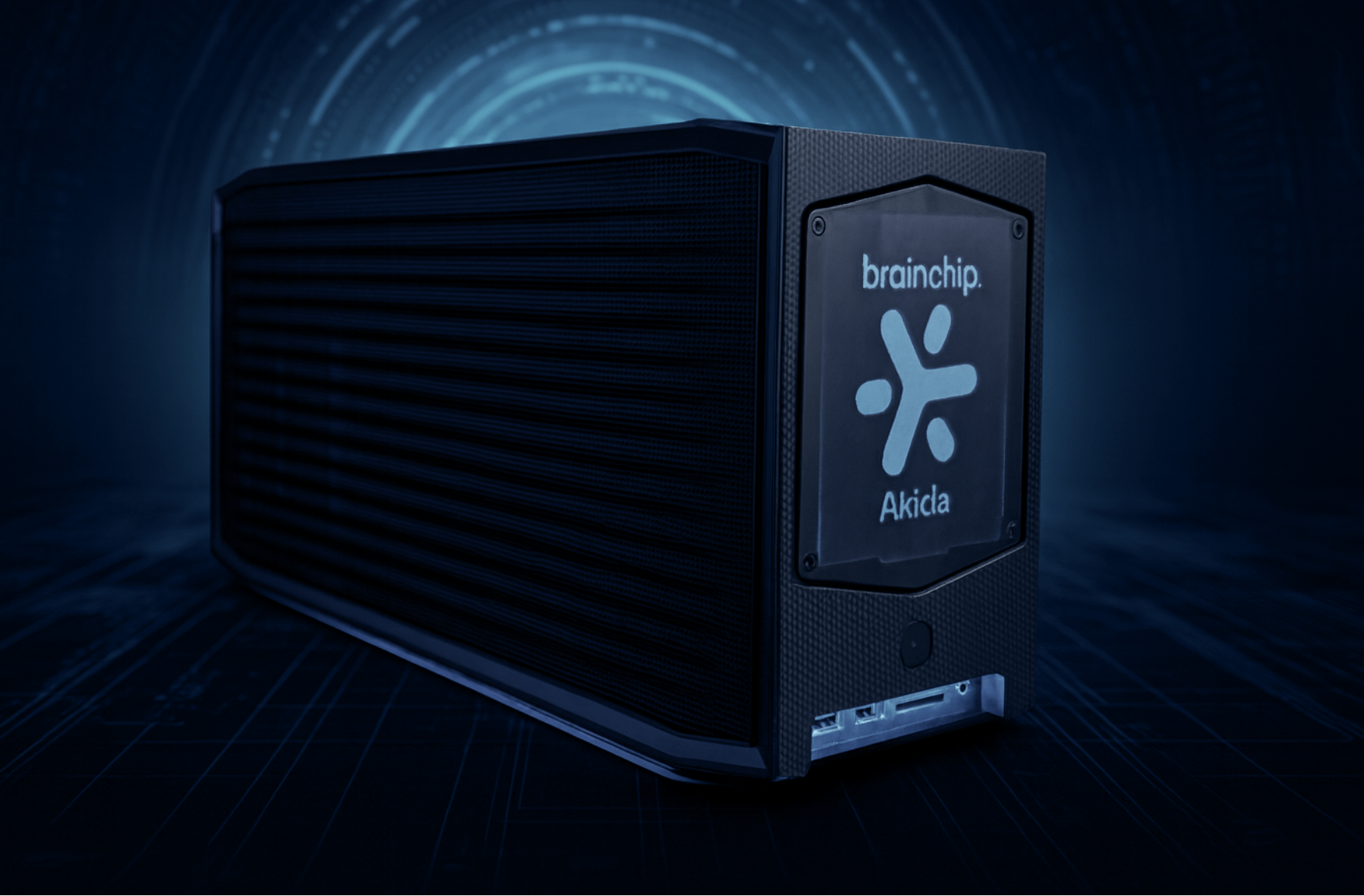
The Critical Role of ECG Monitoring in Modern Healthcare
Electrocardiogram (ECG) monitoring is essential for detecting arrhythmias and preventing cardiovascular events. As heart disease remains a leading global challenge, monitoring is expanding beyond hospitals into wearables, portable devices, and remote care solutions.
The future of ECG is about delivering continuous, reliable, and private monitoring wherever patients live and move.
What Is ECG Anomaly Detection?
ECG anomaly detection identifies irregular heartbeats—such as atrial fibrillation, tachycardia, or premature contractions—that may indicate serious health risks. By analyzing heartbeat waveforms, these systems distinguish normal rhythms from abnormal ones, enabling earlier intervention and better long-term patient outcomes.
How AI/ML Is Transforming
ECG Anomaly Detection
Traditional ECG detection relied on manual review or rule-based algorithms, which could identify clear irregularities but often missed subtle variations.
Today, AI transforms the process: models such as CNNs, autoencoders, and LSTMs learn the patterns of normal heartbeats and automatically flag anomalies. This makes detection more accurate, adaptive, and practical for continuous, real-time monitoring in compact devices.
Transforming Real-World Applications With
ECG Anomaly Detection
1. Wearables & Smartwatches
Deliver medical-grade heart rhythm monitoring without significantly draining battery life.
2. Portable Medical Devices
Enable reliable, real-time arrhythmia detection at the point of care.
3. Remote Patient Monitoring
Provide continuous, private anomaly alerts without relying on the cloud.
4. Preventive Healthcare & Wellness
Support early detection of cardiovascular risk to improve outcomes and reduce costs.
Introducing BrainChip’s Akida
ECG Anomaly Detection Model
Experience next-generation health monitoring with the Akida ECG Anomaly Detection Model—designed for accurate, ultra-efficient monitoring at the edge. Leveraging advanced convolutional autoencoder techniques, Akida ECG Anomaly Detection Model seamlessly detects anomalous heartbeats from raw ECG signals without the need for resource-heavy processing.
Introducing BrainChip’s Akida
ECG Anomaly Detection Model
Experience next-generation health monitoring with the Akida ECG Anomaly Detection Model—designed for accurate, ultra-efficient monitoring at the edge. Leveraging advanced convolutional autoencoder techniques, Akida ECG Anomaly Detection Model seamlessly detects anomalous heartbeats from raw ECG signals without the need for resource-heavy processing.
How It Works:
Inside Akida’s ECG Heartbeat Analysis
1. Prepare ECG Data
Optimize and prepare raw ECG data for efficient Edge AI analysis.
2. Learn Health Heart Patterns
A convolutional autoencoder is trained exclusively on normal heartbeats, learning to accurately recreate their typical patterns.
3. Detect Anomalies
When new heartbeats arrive, the model attempts to recreate them. Significant differences between the original and the model’s recreation (“reconstruction error”) signal a potential anomaly.
4. Automatic Alerts
Akida flags irregular heartbeats directly on-device, enabling timely intervention in any setting.
Akida enables processing of raw 1D temporal signals to deliver a powerful, production-ready solution for applications such as ECG anomaly detection. This approach eliminates the need for frequency-domain transforms, supporting low-latency, real-time analysis with unprecedented efficiency for edge deployment.
The Akida Advantage
Energy-Conscious Design
On-device processing ensures operation within a low-power budget, perfect for continuous use in energy-constrained environments.

Ultra-Compact Design
A lightweight and memory-friendly model, ideal for the smallest, most constrained devices.
Real-Time Performance
Eliminate latency with on-device processing, providing immediate detection of anomalies for critical, real-time interventions.

Reliable Temporal Analysis
Akida Anomaly Detection model preserves 1D signal temporal features for accurate and dependable time-series data analysis.

Efficient & Optimized Architecture
A streamlined data path through optimized convolutional and dense layers ensures highly efficient temporal signal analysis.
How to Get Started With
ECG Anomaly Detection
Transform your product vision into reality with our comprehensive
development ecosystem:
Essential Tools & Packages

- Convert and optimize your models for Akida deployment
- Streamline the development pipeline from training to production
Ready to Integrate ECG Anomaly Detection
Into Your Next Product Design?
Download the complete ECG Anomaly Detection Technical Guide and explore how Akida can power your next-gen medical wearables and IoT devices.





